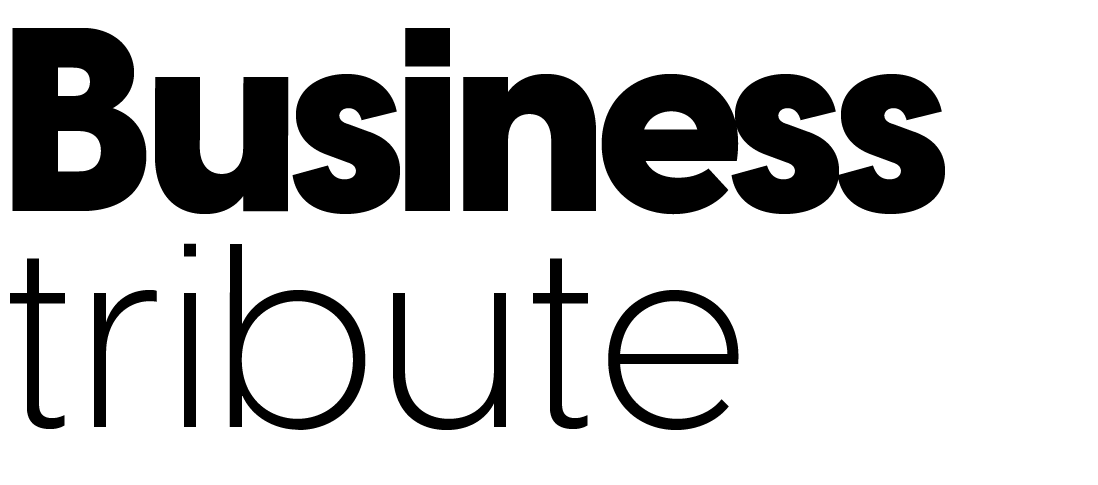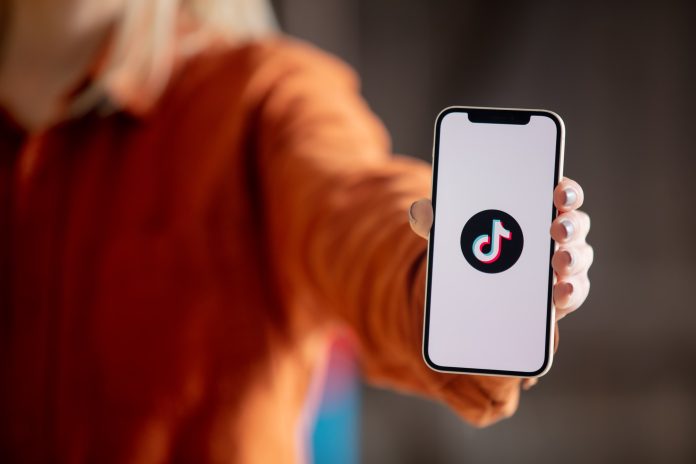The use of TikTok has quadrupled since 2021, with 21% of Americans now using the app at least weekly. While the platform has faced increased scrutiny over privacy and foreign influence, it remains a powerful force in the social media landscape.
TikTok has become a seemingly direct line to young consumers, and a ban threatens the “invasions” that marketers have made in this regard. A recent report from YouGov examines which consumers use the app and what marketers can learn from it.
While discussions about banning TikTok have been ongoing since the Trump administration, the situation has never been closer to reality. In late April, President Joe Biden signed a bill that includes a provision to ban the platform.
TikTok’s parent company, ByteDance, has nine months to either sell the platform to a U.S. company or cease operations in the region. TikTok has pushed back against the move by filing a lawsuit in an attempt to halt the sell-off.
The “Stop, shop and scroll: US TikTok report 2024” was compiled using YouGov’s database with over 27 million global panel members. The YouGov Profiles dataset, updated weekly, contains continuously collected data over 52 weeks.
Brand rankings were determined based on survey responses collected between March 1, 2023, and February 29, 2024. The report defines a weekly TikTok user as consumers aged 18 and older who interact with the platform at least once a week.
New users have emerged
Despite regulatory challenges in the U.S., TikTok remains a significant platform for marketers. While it has become popular among brands looking to reach younger demographics, it’s important to note that the average age of users is rising.
In 2022, 35% of TikTok users were aged 18 to 24, dropping to 25% in 2024. A less dramatic decline was observed in the 25 to 34 age group, which decreased from 32% in 2022 to 30% in 2024. Gains were noted among demographics aged 35 to 44, 45 to 54, and 55 and older.
Households with weekly TikTok users are also more likely to have children compared to the general population, at 45% versus 32%. Fifty percent of weekly users live in urban areas compared to 37% of the general population. More than half (55%) of weekly users are women.
“What brands still haven’t realized is that TikTok’s audience has matured significantly. We’re seeing that now. A large share of TikTok users are over 35. There was a perception among brands in the past that TikTok was a Gen Z platform, even a teenage platform… We’re seeing that TikTok users are also a very affluent group,” said Ruben Staines, head of marketing for the Americas at YouGov.
Interestingly, TikTok users are more likely to agree with the statement, “The government protects my privacy,” compared to the general population, at 42% versus 27%, respectively. This number becomes even more significant when considering public opinion on a potential TikTok ban.
Policymakers have largely used data security as a rationale for such a move. Forty-six percent of the general population supports banning TikTok, compared to 34% of app users.
Almost half (45%) of TikTok users oppose the ban, compared to just 27% of the general population. Twenty-one percent of TikTok users remain uncertain about the ban, compared to 27% of the general population.
Swipe to purchase
TikTok has proven to be a goldmine for advertisers. Over half (64%) of weekly TikTok users agree that advertising helps them decide what to buy, compared to just 46% of the general population.
TikTok users are also more likely to trust influencer marketing than the general population, at 47% versus 27%, respectively. Weekly TikTok users admit to being more impulsive, with 59% agreeing that they “tend to make impulse purchases” compared to 45% of the general population.
However, enthusiasm for TikTok marketing does not necessarily translate into excitement for making purchases within the app. In-app purchases are a significant feature in the Chinese version of the app, but American users have proven to be more cautious. While 86% of users are aware of TikTok Shop, only 31% have purchased something. Twenty-eight percent of app users have never visited the feature despite knowing about it.
Ultimately, any hesitation related to in-app purchases may stem from consumer trust. While 40% of consumers report considering sellers on TikTok Shop as equally trustworthy as other e-commerce platforms, 41% view them as less trustworthy. Only 19% of users consider them more trustworthy.
However, such findings should not deter marketers, according to YouGov. Despite some setbacks, TikTok Shop has shown strong performance. It’s also important to note that the American audience desires very different things from the app compared to a Chinese audience.
“The way we use it is much more focused on entertainment and using things for DIY projects and discovering things,” said Kenton Barello, vice president of business sales in the U.S. at YouGov. He emphasized, “We use it for fun, for entertainment, and then it’s a big presence for influencers. So, adoption just takes time.”
When considering what drives consumers to make a purchase using TikTok Shop, the ability to stay within the TikTok app is the least compelling reason for users to shop (15%). Over half, at 58%, cited coupons and special discounts, while 45% mentioned the ability to support a small business as reasons to purchase through the platform.
In the end, TikTok remains a powerful platform for marketers despite regulatory pressure. As TikTok Shop grows, there is an opportunity to build consumer trust.
“Brands still feel comfortable with TikTok and being present there. I think they are following the audience numbers,” said Staines. He concluded, “They see people adopting TikTok Shop, and I think they are following the signs of the audience.”






